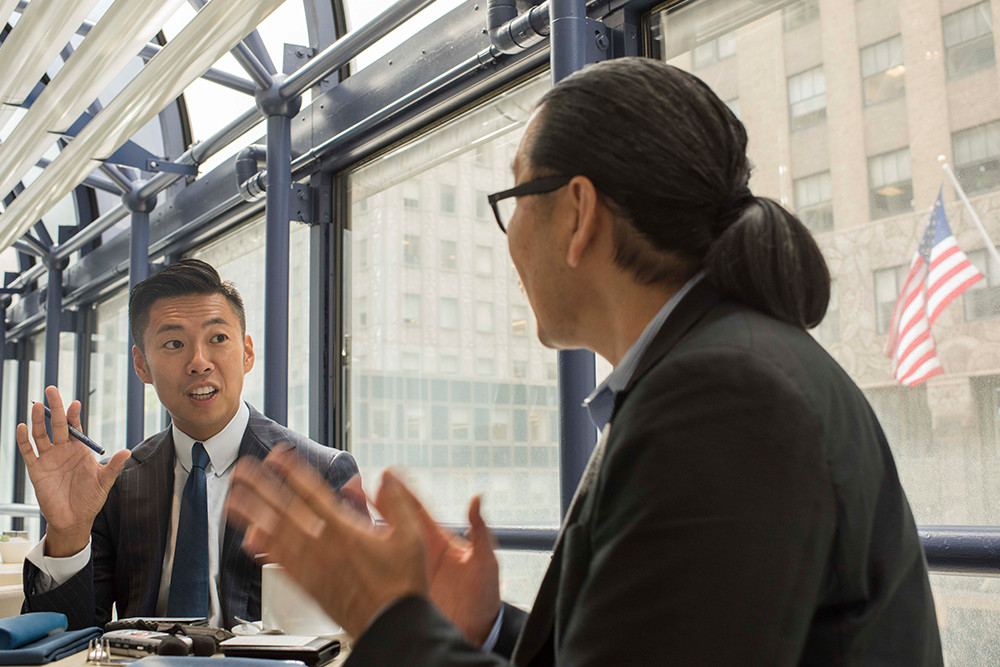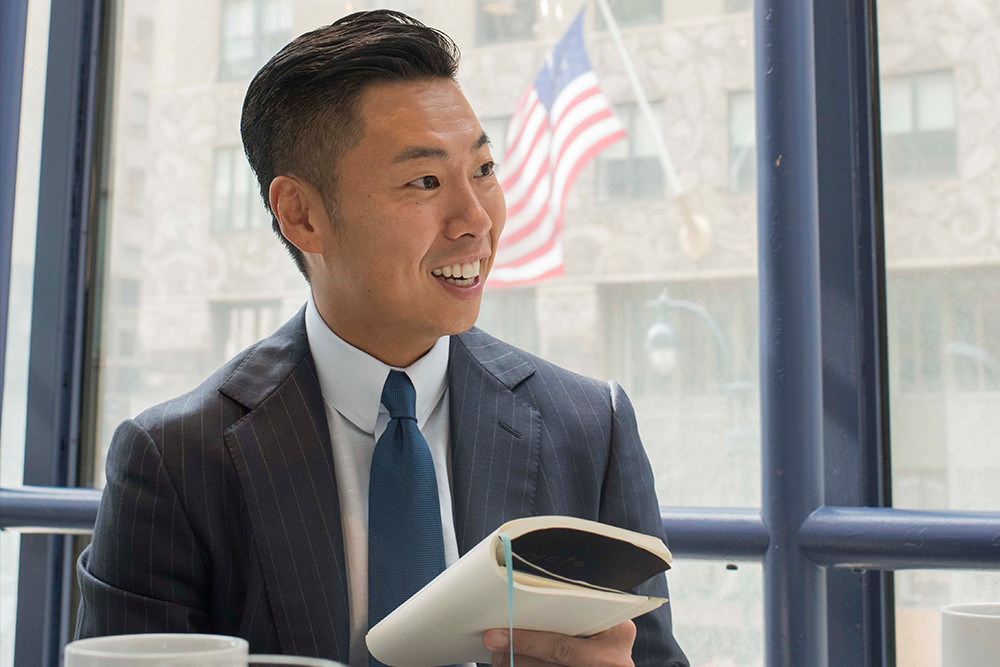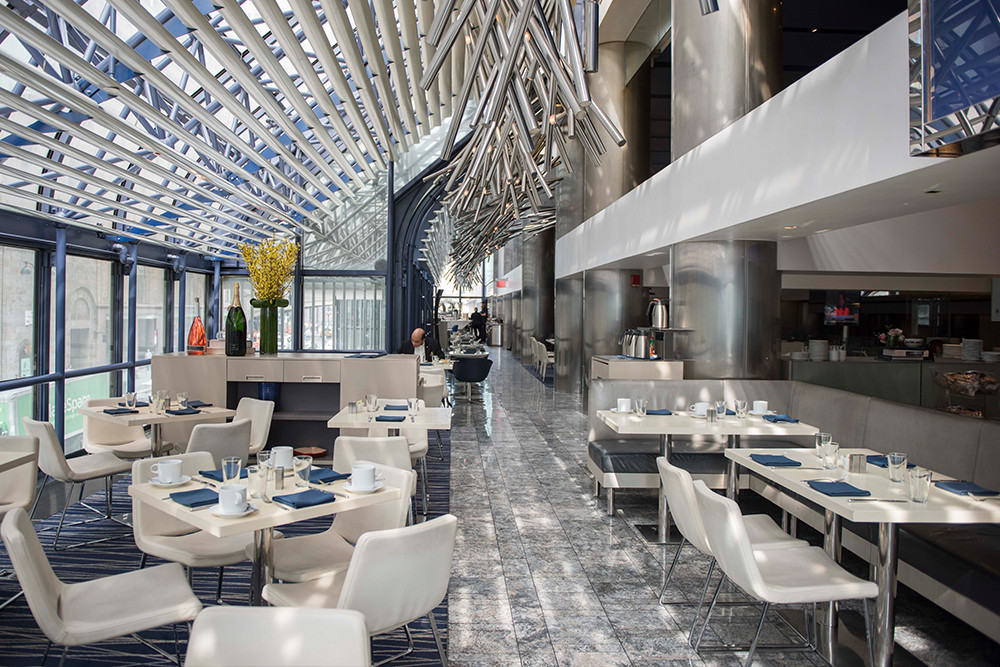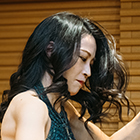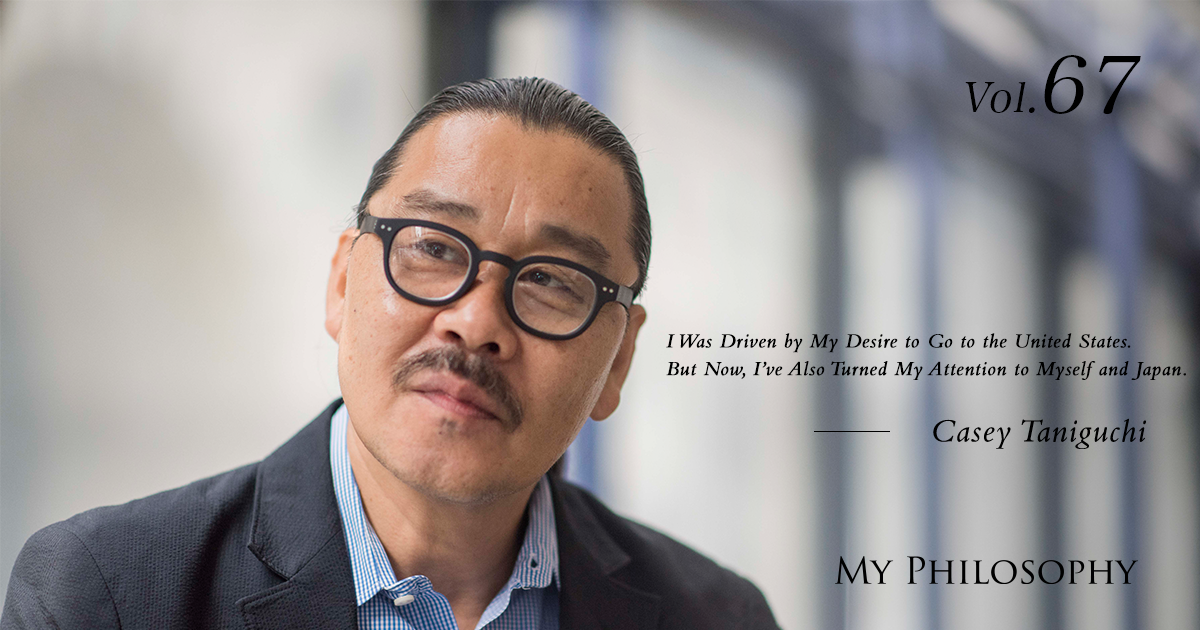
At the age of 22, Casey Taniguchi left behind his career as a dental technician and took a leap of faith, heading to the US. He is now the president and editor-in-chief of Yomitime, a leading cultural magazine in New York. We spoke with him about his motivations for moving to the U.S., his encounter with what he considers his true calling, and his thoughts on Japan now that he has achieved success.
Profile
Vol.67 Casey Taniguchi
President of Yomitime
Casey Taniguchi was born in Osaka Prefecture in 1962.
He graduated from Osaka Prefectural Daito High School (now known as Prefectural Ryokufukan High School) and later from the Osaka Dental Institute College’s dental technician program. He worked as a dental technician at a dental clinic before moving to the United States in 1986. He moved to the US to work in the food and beverage industry, where he worked at Gasho of Japan, a Hibachi-style restaurant in Denver, Colorado, as a front desk manager. In 1989, he was transferred to New York (Gasho of Japan, Hauppauge NY), and in 1996, he was transferred to New Jersey (Gasho of Japan, New Jersey). In 1997, he joined SUMMIT Apparel, where he was involved in export and retail operations and began his writing career. In 1998, he started working as a freelance writer. Since 2010, he has been serving as the president of Yomitime Inc., overseeing the publication of the event information paper Yomitime.
Driven by Aspiration: Leaving the Dental Technician Profession to Move to the United States

Based in New York, Casey Taniguchi creates a Japanese-language information magazine called Yomitime. Published twice a month with 20,000 copies each issue, it is distributed for free at Japanese restaurants, businesses, schools, and other establishments in New York, New Jersey, Connecticut, and Philadelphia. The magazine focuses on art events and entertainment, serving as a media outlet for Japanese residents in the New York metropolitan area. While there is also a web version(http://www.yomitime.com/index.html), many overseas readers develop a strong craving for Japanese language content and prefer reading printed material, making the magazine version very well received.
Although he now works professionally in journalism and writing, Casey originally worked as a dental technician in Japan. His path to becoming a dental technician was somewhat incidental. After graduating from high school, he considered pursuing sculpture at an art university, but his father dismissed the idea. “Who would buy the things you make? If you like creating things, make teeth. You’ll make money quickly,” his father advised. Since his father ran his own business, he likely thought it would be better to pursue something that would reliably generate income if he was going to create something anyway. At the time, Casey agreed that creating things was essentially the same and followed that path, passing the national examination and working as a dental technician.
A turning point came with a friend’s study abroad in the United States.Casey had been interested in English for a long time and wanted to go to the US. Influenced by watching the American hit drama Bewitched in his childhood and listening to the Beatles under his sister’s influence, he thought that languages different from Japanese sounded cool and wanted to be able to speak them someday. He admired the West Coast lifestyle and even tried surfing. Consequently, he frequently visited his friend who was studying abroad. Eventually, he couldn’t suppress his desire to go to the US any longer, made up his mind to definitely go, and left Japan at the age of 22. In the end, he worked as a dental technician for only about one year.
“Read Books”—A Turning Point in My Life

After searching for a job that would qualify me for a visa, I found a restaurant called “Gasho of Japan,” which enabled me to obtain a visa and move to the United States. I started out working at the reception front desk and later became a bartender. This workplace was a great learning environment because it allowed me to meet and converse with many people. I studied English in my own way, but I mostly learned through conversations with customers and colleagues. As a result, my English isn’t grammatically perfect, but I made sure to jot down things I didn’t understand and looked them up later, often using an English-English dictionary. I also forced myself to join my colleagues during meals, quietly listening to their conversations to improve my listening skills.
I was constantly thinking about how I could improve my English. Then, one day, someone told me, “Read books.” And not just any books—books in my native language, Japanese. The logic was that unless I broadened my foundation in my native Japanese, my English wouldn’t improve beyond a certain level. So, I began voraciously reading books, mainly mystery novels, going through two or three books a week.
Later on, I worked for a company that exported clothing and accessories to Japan. One day, someone who read a fax I had written said, “I know the perfect job for you,” and introduced me to an opportunity to write for a fashion magazine. Since my mother had worked in the fashion industry, I was already interested, so I quickly gave it a try. As I wrote, I began to feel like I was at the cutting edge of fashion, and before I knew it, I was completely absorbed in it. That’s when I started to realize how enjoyable the work of conveying information could be. Even now, I don’t think I’m writing particularly exceptional pieces, but I take great joy in the act of communication. That’s what matters most to me.
Suddenly Becoming President and Editor-in-Chief
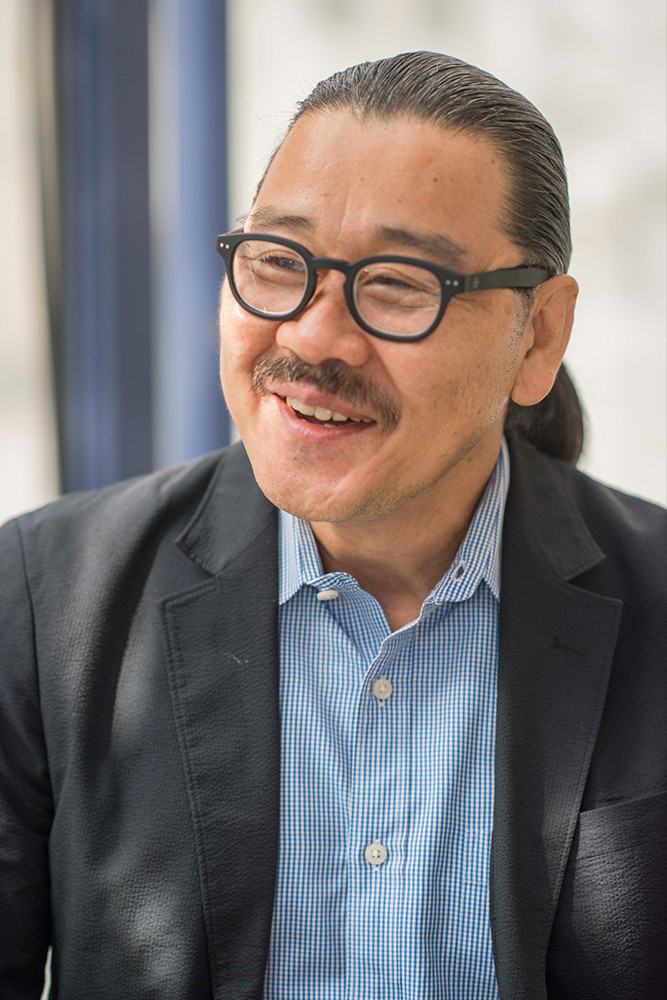
I started working as a freelance writer in 1998, and I began contributing to Yomitime as an external writer from its inception in 2006. At that time, I was still living in the suburbs and would drive around to various locations for interviews whenever I received an assignment. Yomitime was founded by Nobumasa Yoshizawa, who also served as the editor-in-chief of Yomiuri America, a weekly magazine that conveyed American news to Japanese residents in the U.S. He was a very supportive and caring person. However, he passed away in July 2010, and it was decided that Yomitime would be discontinued at the end of August. We had even prepared a farewell article to thank our readers.
But then, the people around us encouraged us by saying, “We’ll support you, so why don’t you continue it yourselves?” That’s how the decision was made for us to carry on, and suddenly, I found myself becoming the president and editor-in-chief, transitioning from an external writer almost overnight. Somehow, we managed to avoid shutting down, and by October of that year, we had resumed publication. Some people refer to me as the successor to Editor Yoshizawa, but I feel a certain pressure, thinking that I can’t possibly fill his shoes.
After becoming editor-in-chief, I gradually changed the editorial direction of the magazine. Up until then, Yomitime covered a wide range of topics, much like a newspaper. However, I realized that with so many newspapers and magazines in New York, this approach would put us at a disadvantage. To make our content richer, I decided to stop covering certain topics and avoid overlapping with other media outlets. Gradually, we shifted our focus to specialize in art, events, and entertainment. By narrowing our focus, I believe we were able to differentiate ourselves from other publications.
Looking ahead, my goal is to enhance the web version of Yomitime. As a local media outlet, I want to keep the print edition vibrant while also attracting new readers online.
Japanese People Could Stand to Be More Assertive
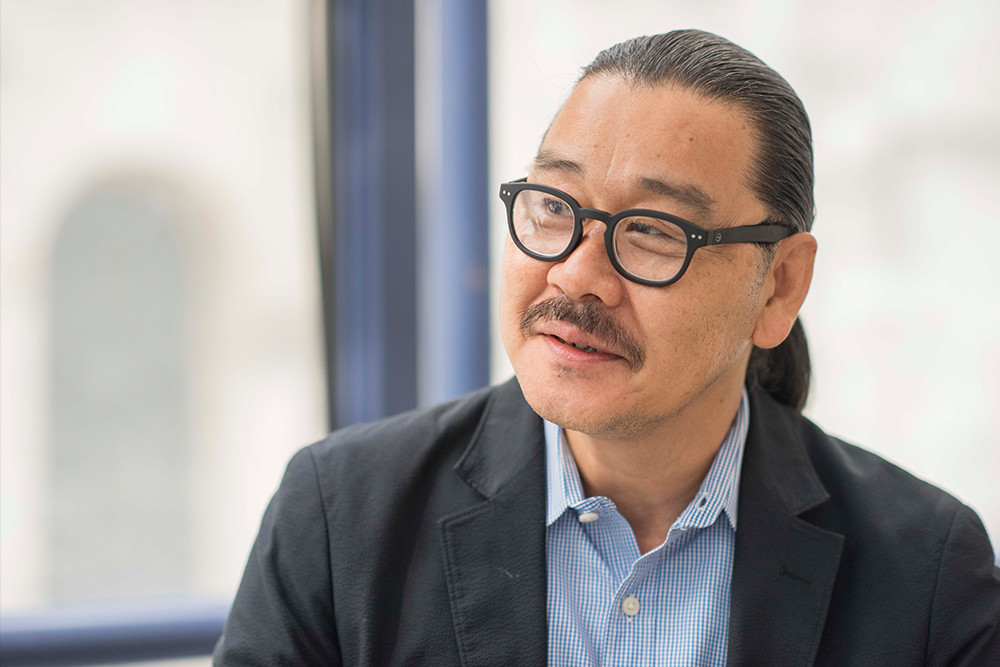
When I was young, all I wanted was to go to the US and speak English. My focus was entirely outward. However, as I’ve gotten older, I’ve found myself looking more inward, toward my own identity as a Japanese person, and reflecting more on Japan itself. Living in the US has made me aware of things I never noticed in Japan, like how, even in the chaos after an earthquake, Japanese people will still line up and wait their turn. In the US, that situation would likely lead to riots. When people here tell me that Japanese people are polite or that Japan is a clean country, it makes me realize that Japan is not to be underestimated—it really is a great country.
On the other hand, I also think that Japan is perceived as having a weaker voice on the global stage, partly due to the modesty that Japanese people are known for. Modesty might sound admirable in Japan, but in the US, it’s often seen in a completely different light. I think Japanese people could afford to be a little more assertive.
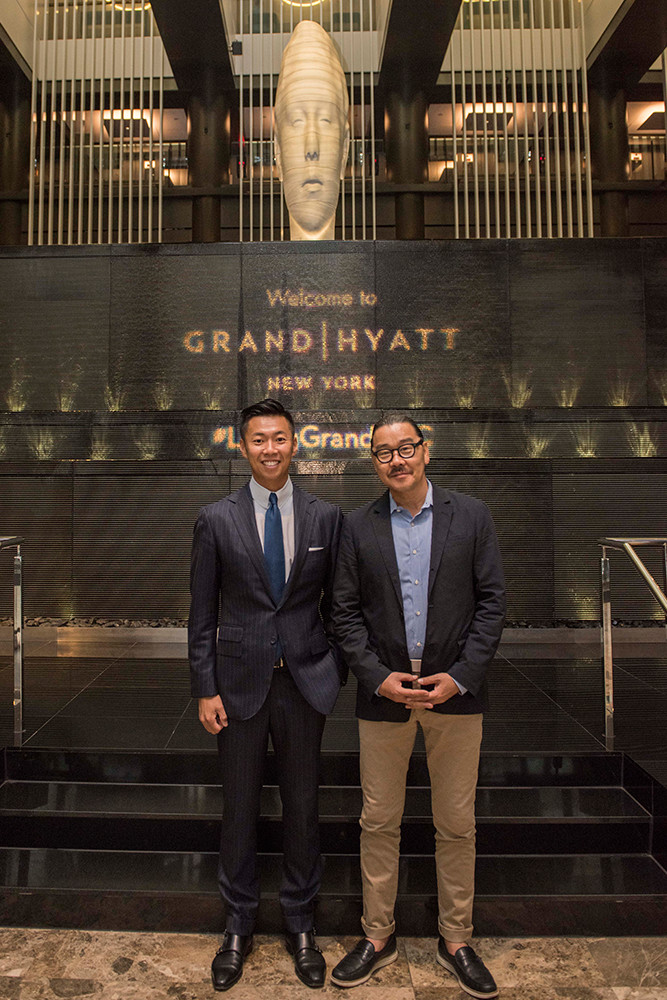
It was a very refreshing experience for me, as I’m usually the one asking questions and compiling articles rather than being interviewed myself. It’s a pleasant experience, indeed. I do tend to get carried away when I talk, so I worry that I might have strayed from the main topic at times. However, thinking about having my story written down and shared with others is truly an uplifting feeling.
Yomitime President, Casey Taniguchi
The transition from an external writer to president and editor-in-chief was a new stage and challenge for Mr. Taniguchi. However, by analyzing the market and establishing his own editorial direction, I felt that he has successfully infused Yomitime with a color that is distinctly his own. Stanford University Professor John D. Krumboltz’s “Planned Happenstance Theory” suggests that 80% of an individual’s career is determined by unplanned, coincidental events, and it advocates for the idea of strategically planning these coincidences to shape a successful career. I, too, constantly think about how to turn “coincidences” into opportunities to advance to the next stage in my own life. Through my interview in New York City, I realized that having a “positive assertiveness” is an essential attitude for engaging in real communication in the world.
September 2017.At Grand Hyatt Hotel New York City.Translated by ILI Inc.





